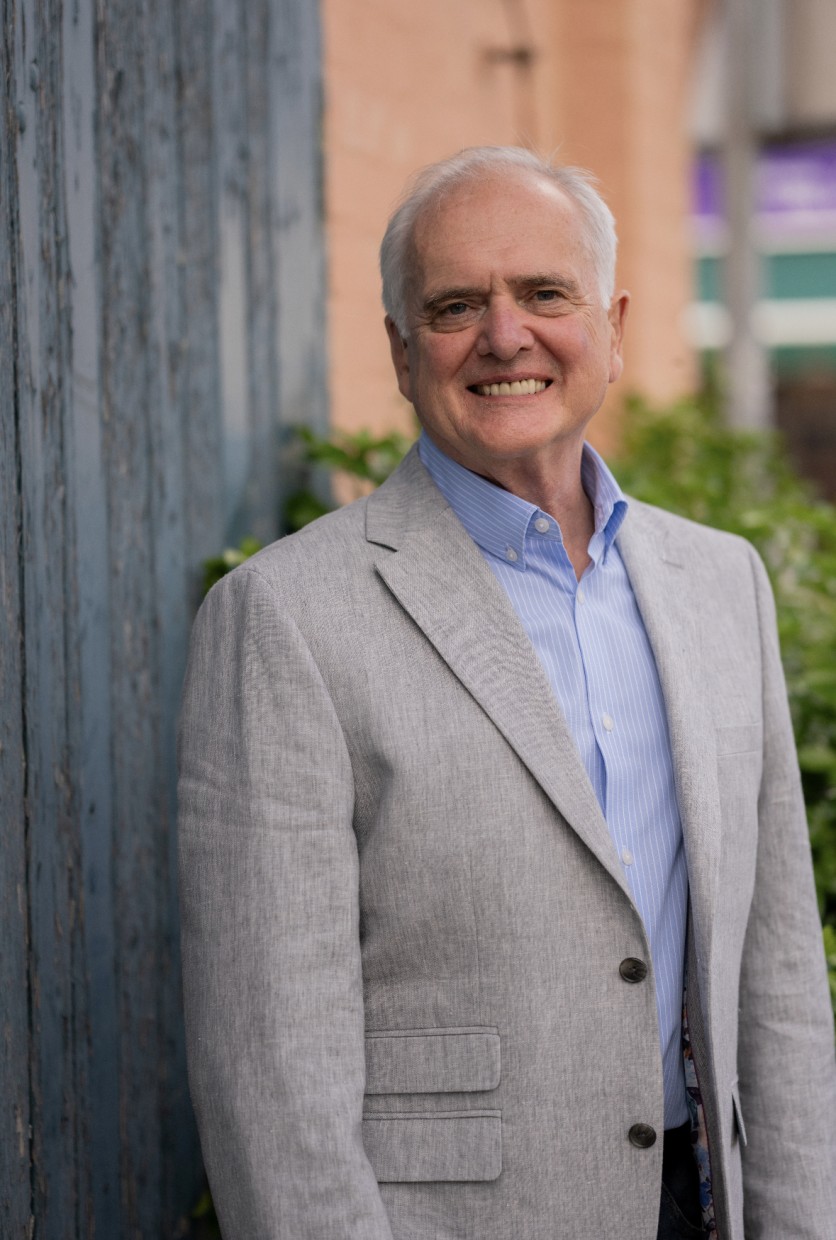
Stephen G. Parry
In the rush to adopt artificial intelligence, many organizations are shifting their focus toward speed and efficiency without addressing the deeper question of how AI fits into their overall operational strategy and design. Stephen G. Parry, founder of Sense and Adapt Academy, notes: "We are implementing new AI approaches on top of old operational designs, strategies, and outdated perspectives."
Parry likens this to looking through the telescope from the wrong end. He says, "Instead of seeing the bigger picture, I've seen many organizations narrowing it and using AI to only see what they already know, rather than see the opportunities to explore new possibilities."
His ideas build on a concept that has been around for decades. "For many years, there have been books on learning organizations. We've known there is a need to change how we design and manage work," Parry says. "But we keep putting it off until tomorrow. Well, tomorrow is here. Now, the challenge is whether we can change our thinking fast enough to respond to the wake-up call demanded by AI."
The core issue, he believes, is not technology itself but the mindset guiding its use. "We are still designing organizations in the same way as before, only now utilizing AI," he explains.
The current mindset also shapes how organizations treat the information AI produces. "People put their trust in AI, assuming that it must be correct. AI draws from the internet, which includes a lot of misinformation," Parry states. He stresses the need for organizations to rebuild their critical capacity, the ability to question, verify, and interpret rather than simply accept. "We need to have critical faculties to decide what is true and what isn't," he says. "Without that, we risk being guided by half-truths."
To make meaningful use of AI, Parry champions a shift in operational designs and skill development. He advocates for what he calls elite change teams, new roles designed to understand and connect complex systems rather than focus on isolated tasks. "We need people who can see how things work together, not just in parts. This is a new discipline altogether as we need to understand the business as a whole and how it interacts with the outside world," he explains. These teams would enable businesses to become what Parry calls highly adaptive organizations, ones that can sense change early and adjust operations swiftly and safely.
Parry contrasts this approach with the traditional "make and sell" business model, where companies build products first and then create demand through continuous marketing to find buyers. In his Sense and Adapt Model, however, organizations can sense emerging needs before the market fully recognizes them. This, he says, allows businesses to stay ahead of trends and retain skilled people who can continually create and innovate.
He cautions that if AI is only used to make existing operations faster, its long-term value will diminish. "If AI isn't used strategically, we'll get the same old results," he notes. Instead, AI should be part of a broader effort to rethink how organizations learn and adapt.
Parry insists that the focus should shift from efficiency-related transactional goals to relational goals focused on either enhancing the customer's business or continually changing the services and products they need, or both. "This means acquiring your customer's business goals and making that the focus of your delivery. In turn, this frees up an organization to experiment with different services and products to achieve those goals and, in many cases, create competitive disruption or the ability to respond to it. This thinking is a huge shift from the way businesses currently design, build, transform, and operate," he highlights.
"We can only achieve this by cultivating the latent intelligence within our workforce," he adds. Parry refers to his process as Accelerated-human-Intelligence (AhI). "The biggest cost isn't labor anymore," he says. "It requires rethinking the nature of the work itself to focus on new business outcomes, measurement systems related to the creation of new customer value, and not transactional efficiency." When organizations strengthen human insight and adaptability, they can use AI as a complement to human intelligence, not a replacement for it. "If we leave behind our youth in the interest of productivity, we risk losing the ingenuity required to create the future," he warns.
Ultimately, Parry believes the goal is to move away from continuous improvement toward continuous adaptability. "Improvement focuses on doing the old things better," he says. "But adaptability is about creating something new."
In order to ensure organizations truly benefit from AI, Parry concludes that they must first re-examine their structures, invest in people who can think systemically, and encourage a culture that values critical thought.
"We're using AI to replicate old systems, making things cheaper, neater, faster, but also more wasteful. We're working quicker, not smarter, mistaking automation for progress," Parry emphasizes. "What's needed now is to accelerate the AhI wisdom within our workforce that questions purpose, not output, and one that bridges human intent with machine capability instead of accelerating old flaws. Instead of replacing people, we will increase their willing contribution, creating great places for people to work and grow their careers."
Media Contact
Name: Stephen G. Parry
Email: stephen.parry@senseandadapt.academy

-
 C114 Communication Network
C114 Communication Network -
 Communication Home
Communication Home


